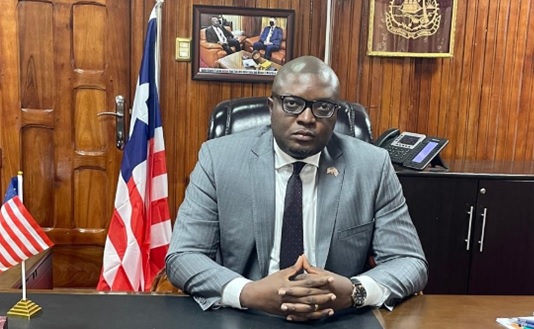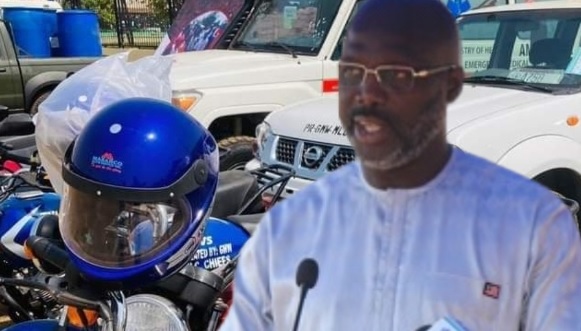By Dr. Clarence R. Pearson, Sr.
MONROVIA, LIBERIA—The General Auditing Commission (GAC) of Liberia recently made headlines when Auditor General Garswa Jackson, Sr. decided to remove audit reports from the Commission’s website. These reports pertain to the first twelve years of the Unity Party government under former President Ellen Johnson Sirleaf, during which the current President, Joseph N. Boakai, served as Vice President. This decision has ignited public concerns, especially as President Boakai is actively pursuing the prosecution of top officials from the subsequent administration led by former President George M. Weah.
The removal of these reports has raised eyebrows among various stakeholders, including civil society organizations, political analysts, and ordinary citizens. Many perceive this action as an attempt to protect the Unity Party and its affiliates from scrutiny. The timing is particularly sensitive, given that President Boakai has positioned himself as a champion of accountability and transparency, pledging to root out corruption. Critics argue that taking down these audit reports could undermine the President’s credibility and sincerity in these endeavors.
Politically, the decision sends mixed signals. It may suggest that the current administration is selectively pursuing justice, focusing on opponents from the Weah administration while potentially shielding allies from the Unity Party era. This perceived bias could erode public trust in the government and its commitment to justice. Additionally, it raises questions about whether the current leadership is genuinely interested in addressing corruption or merely using anti-corruption rhetoric as a political tool.
The removal of the audit reports also has significant implications for transparency and accountability. These reports serve as public records, providing insights into the government’s financial dealings and the use of public funds. By removing them, the GAC potentially obscures critical information from the public, hindering efforts to hold past and present officials accountable. Transparency advocates argue that this action sets a dangerous precedent, as it may encourage future administrations to erase inconvenient records, thereby undermining the principles of good governance.
Moreover, the decision could impact Liberia’s standing in the international community. The country has made strides in improving its governance and fighting corruption, earning praise from international partners and organizations. However, actions that appear to suppress information and limit public scrutiny could jeopardize these gains. International donors and investors may view this move as a red flag, potentially affecting foreign aid and investment, which are crucial for Liberia’s economic development.
The controversy also brings into focus the role of the GAC and its independence. As the national auditor, the GAC is expected to operate free from political interference, serving as a watchdog over public finances. The decision to remove the reports may raise questions about the institution’s autonomy and whether it is being influenced by political considerations. Maintaining the independence of such institutions is vital for upholding the rule of law and ensuring that no one is above accountability.
So, it fair to restate that GAC’s decision to take down audit reports from the Unity Party government era has stirred significant public debate in Liberia. The action has political, ethical, and practical implications, raising concerns about selective justice, transparency, and the sincerity of the current administration’s anti-corruption efforts. As the situation unfolds, it remains to be seen how the government will address these concerns and whether it can maintain public trust in its commitment to good governance and accountability.







